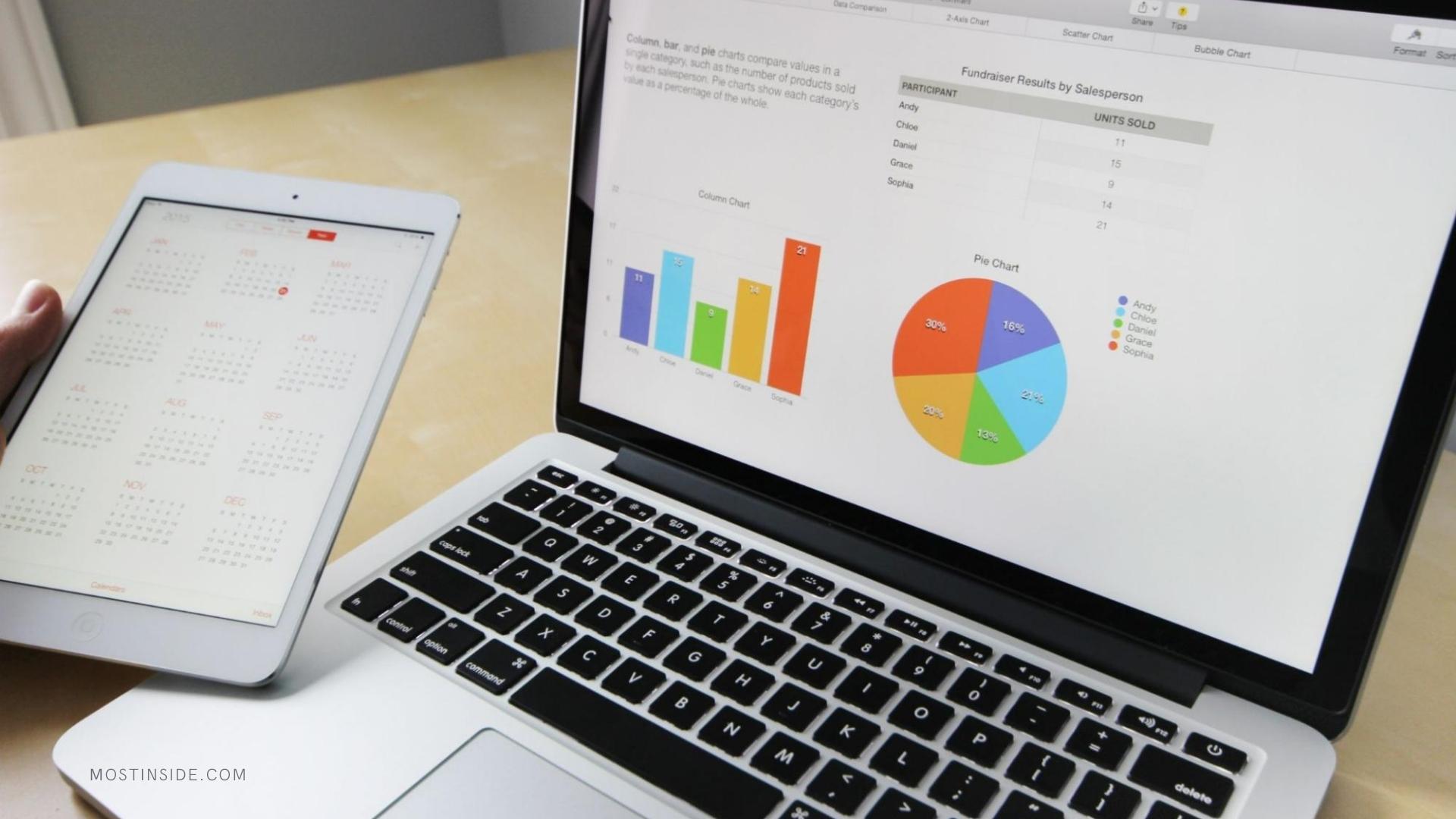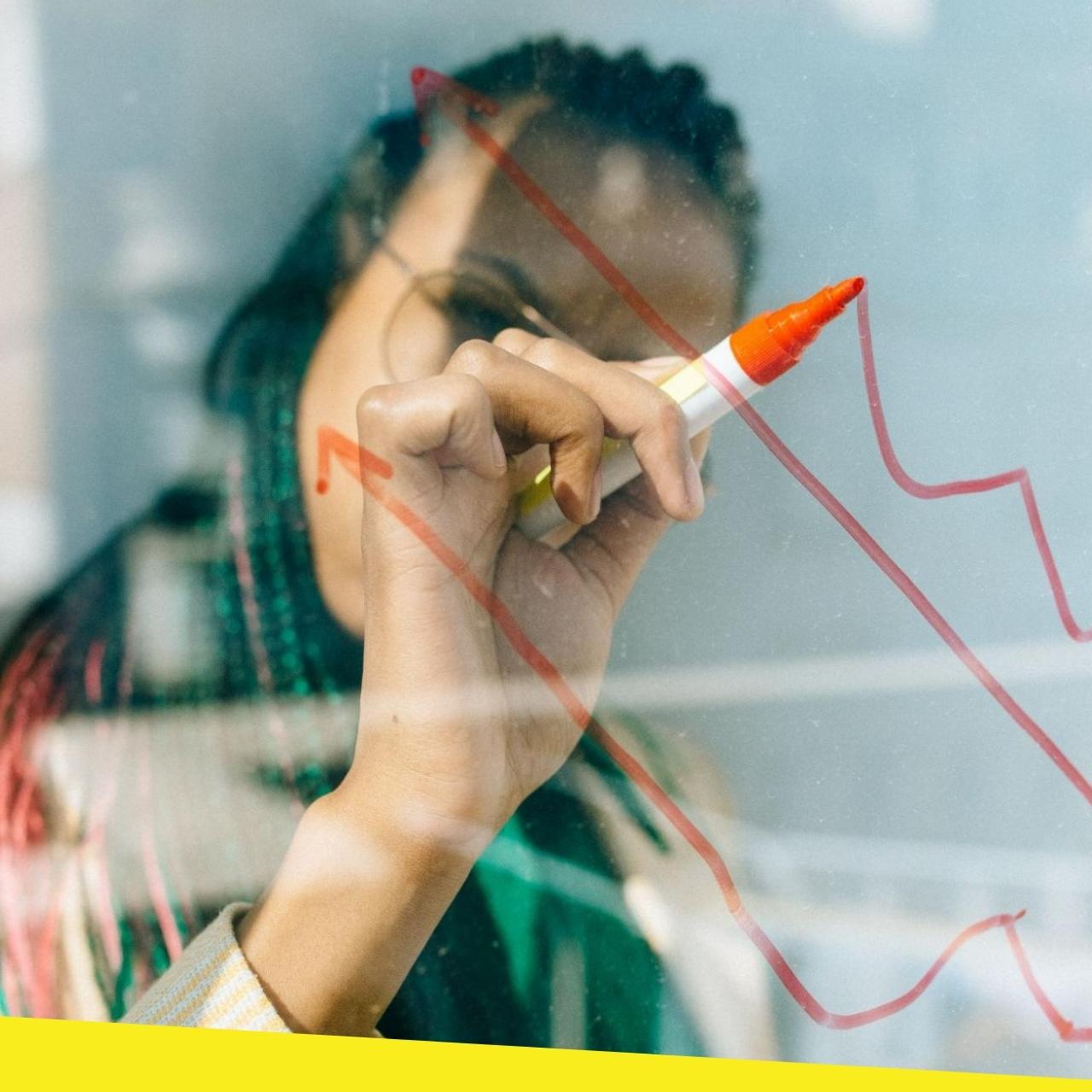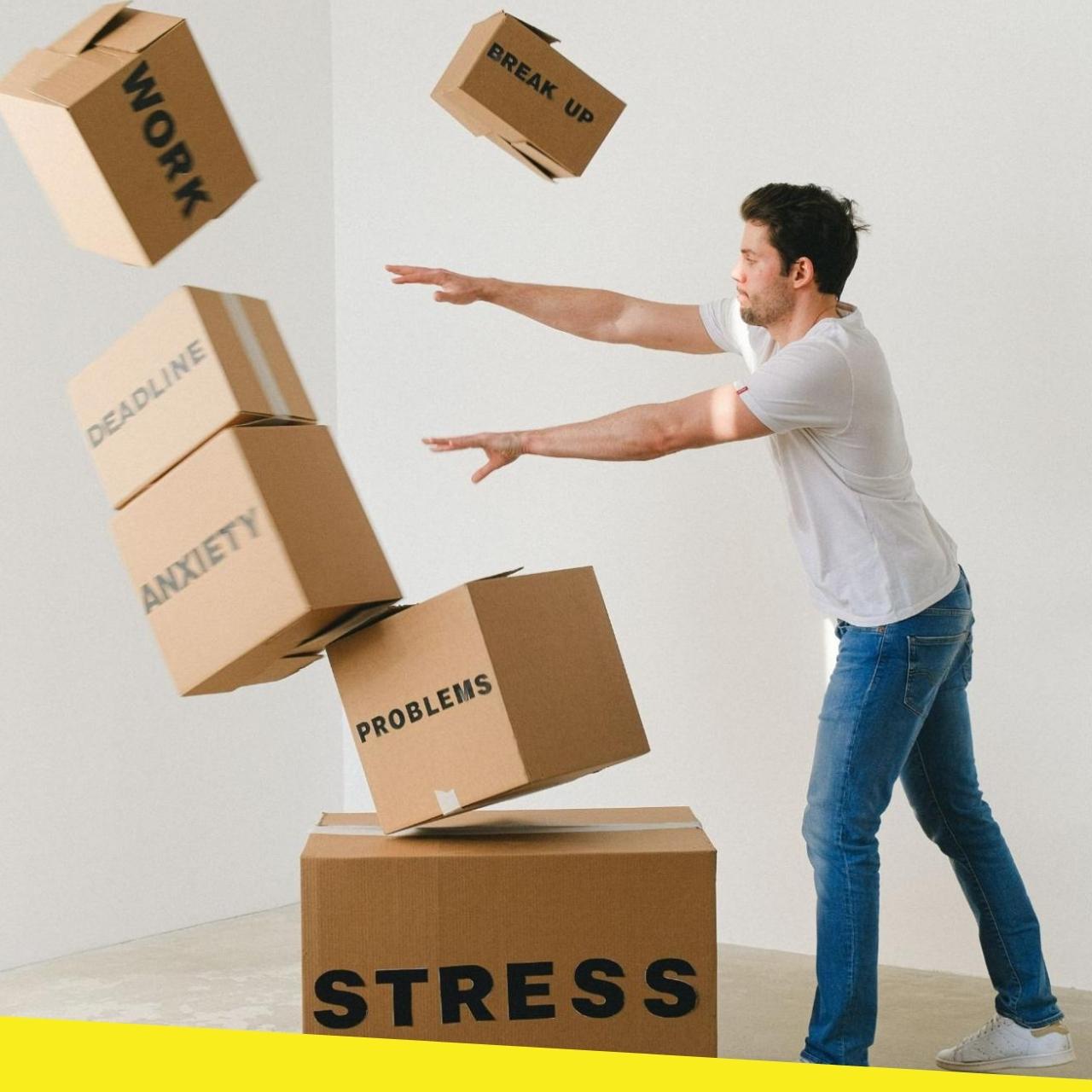5 Things That You Should Know About The Pharmacy Course Before Starting

When you begin your pharmacy course, there are many things that you need to know. These include what financial aid is available, how long it will take to finish the course work and pass your licensure exam, and much more.
Here are five things for you to know before starting your first year of pharmacy school:
Contents
Toggle1. Be Prepared With Your Finances
If you’re like most people, the cost of taking a pharmacy course is often a significant factor in whether or not you want to enroll. It can be challenging to make ends meet while paying for materials and tuition; however, there are ways that you can get financial aid if needed.

Your school might offer scholarships or grants that cover some of your costs. The amount awarded varies by school and program, but it’s worth checking what’s available so that when it comes to buying books and supplies or making those purchases, you don’t feel like you could’ve spent it elsewhere.
2. Set Goals
Setting goals is a great way to stay motivated and on track. You can use the following questions as your guide:
- Is this goal realistic? If not, how can we make it more realistic?
- What is my motivation for achieving these goals?
- How long will I have to work toward achieving this goal (i.e., the time)?
Once you’ve set your goals, it’s time to get started!

First, set a specific number of hours you can work on your study material daily. Then make sure you are meeting your goals by writing them down in an excel spreadsheet, so they stay organized and easy to read. Keep track of your progress with a chart or graph, so it’s easy to see how much time has been spent on each goal.
If you are on a summer internship or part-time job before starting your pharmacy technician course, ensure that it doesn’t affect your goals.
3. Know Your Pharmacy Technician Course Better
Before starting your pharmacy course, you’ll need to know your graduation, retention, licensure, and learning responsibilities.
Graduation Criteria
To receive your pharmacy license, every pharmacy technician must have a minimum number of credits that you must complete. If you do not meet this requirement on graduation day or within one year after receiving your degree, you will not be allowed to practice as a pharmacist until it has been met.
Retention Requirements
These are requirements set by each state board that pharmacies must meet before they can operate legally in that state or territory. Most states require at least 50% retention for two years after completing an undergraduate program. Some states also require 100% retention for two years after receiving an advanced degree (such as Master of Science in Public Health, MSPH).

Licensure Requirements
Some states require all new graduates who wish to work as pharmacists within those jurisdictions to complete additional training programs before being allowed full licensure. To get your pharmacist license, you may have to take up the PTCB exam. You also have the option to take up a free pharmacy technician practice test to get yourself prepared for the pharmacy tech certification test.
Learning Responsibilities
There is a lot of material to cover. You will be expected to know the material, apply it and solve problems using it. You will also be expected to teach others how to use this knowledge in practice—so make sure you know what you’re doing!
The pharmacy course is not a one-size-fits-all option. Some sections are mandatory, while others are optional.
4. Know the Market is Competitive
As a pharmacy student, you might find it challenging to land a job during your last year or after your degree. You need to be mentally prepared to face whatever comes. However, it’s not that bad.

If you have relevant retail pharmacy experience, there are high chances you can get a good job. Also, you need to keep your options open. It’s not like after you complete your pharmacy course, you’ll end up only in hospital or industry-related jobs. Being a retail pharmacy technician is also a good option that you need to be open to.
5. Be Prepared to Take Up the Pressure
Being a pharmacist technician requires a lot of time and energy to be on point to understand what kind of work you are up to. It’s also crucial throughout the whole pharmacy course journey that you manage stress levels through meditation practices like mindfulness meditation. These help you learn how to relax through breathing exercises.
Any field you might want to step into will have its own level of pressure. Doing an exercise or practicing yoga is the best way to handle stress and pressure at school. This would eventually let you manage all your daily tasks better.

Pharmacy is a flexible major, so it’s possible to switch schools and majors multiple times. Many students change their minds about pharmacy as a career. Some students decide that they want to go into another field of study after they complete their pharmacy program. For example, some people choose that getting a Master’s degree in business management would make them more marketable when applying for jobs outside the pharmaceutical industry.
Conclusion
We hope this information has helped you understand what to expect on your journey to becoming a pharmacy technician. We also know that many factors can influence the path of your career as a technician, and these are just some of them. If you have any other questions or concerns about starting school or continuing with your job after graduation, please don’t hesitate to reach out either way!
Frequently Asked Questions
1. What skills do you need as a pharmacy technician?
Being a pharmacy technician requires you to have the following skills:
Good verbal communication skills
Attention to detail
Customer service skills
Ability to work under pressure
Excellent pharmaceutical knowledge
2. Is pharmacy harder than nursing?
Comparing nursing and pharmacy, being a pharmacy technician is the harder one. Though both courses require commitment, pharmacy involves more workload and longer duration.
3. What will I learn in pharmacy schools?
Pharmacy school basically covers biology, chemistry, physics, and separate courses on drug therapy, its importance, and principles of patient care.
Recommended For You
Executive Coaching: Why Should You Choose One?
Most Inside
Most Inside offers high-quality recommendations and valuable updates to enhance all aspects of your life, providing premium guidance and enriching experiences.




